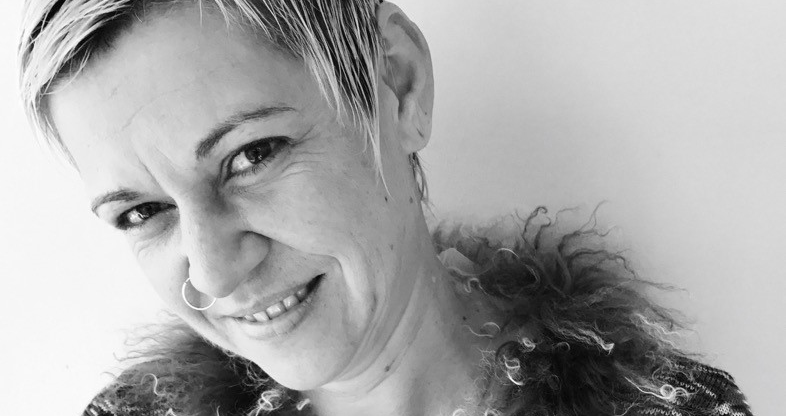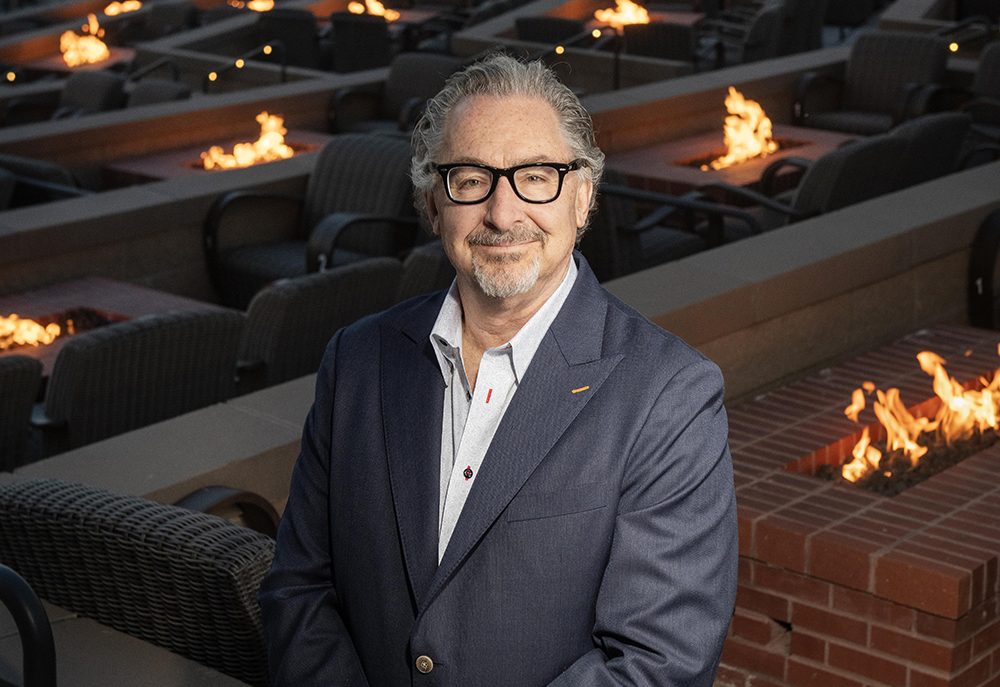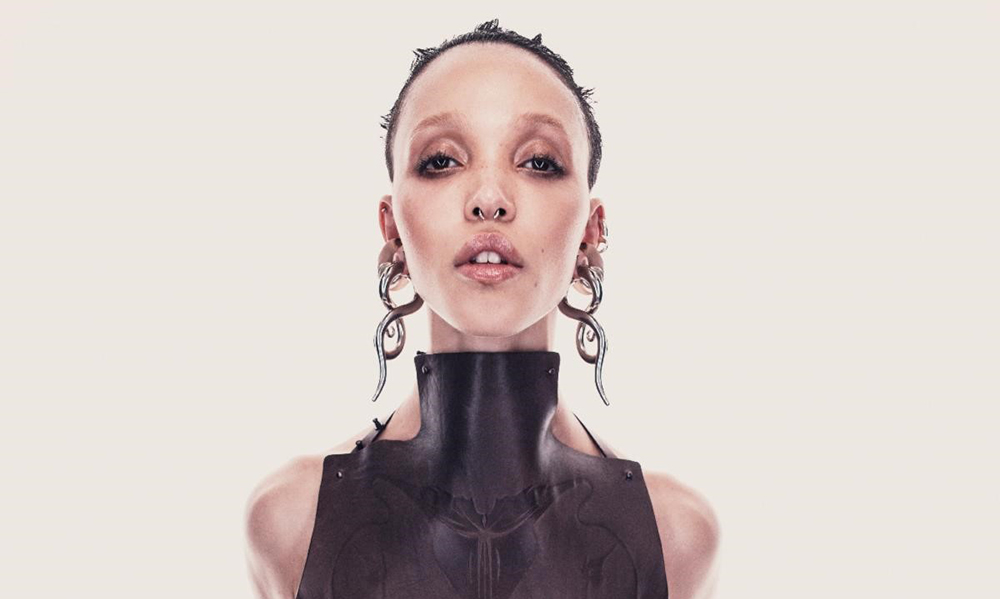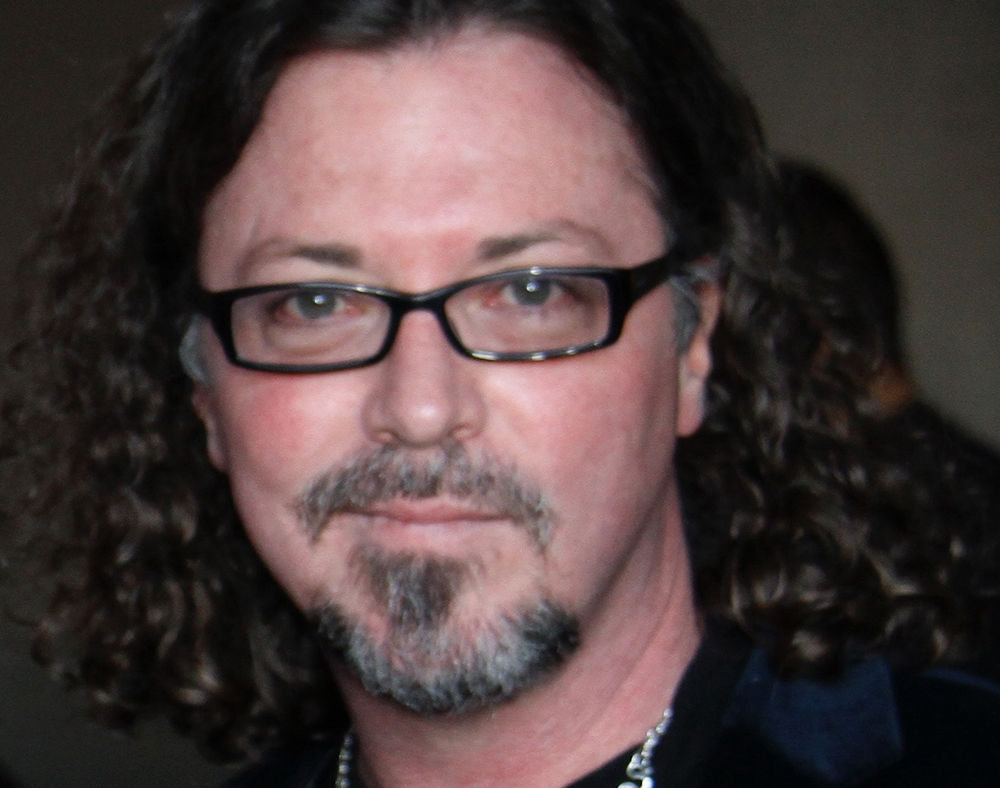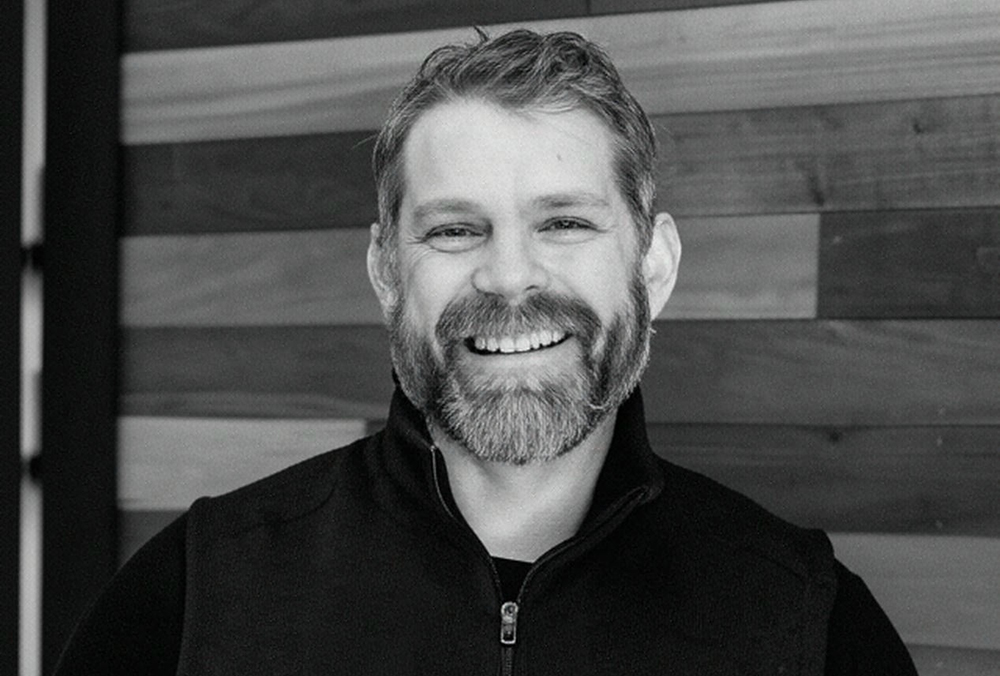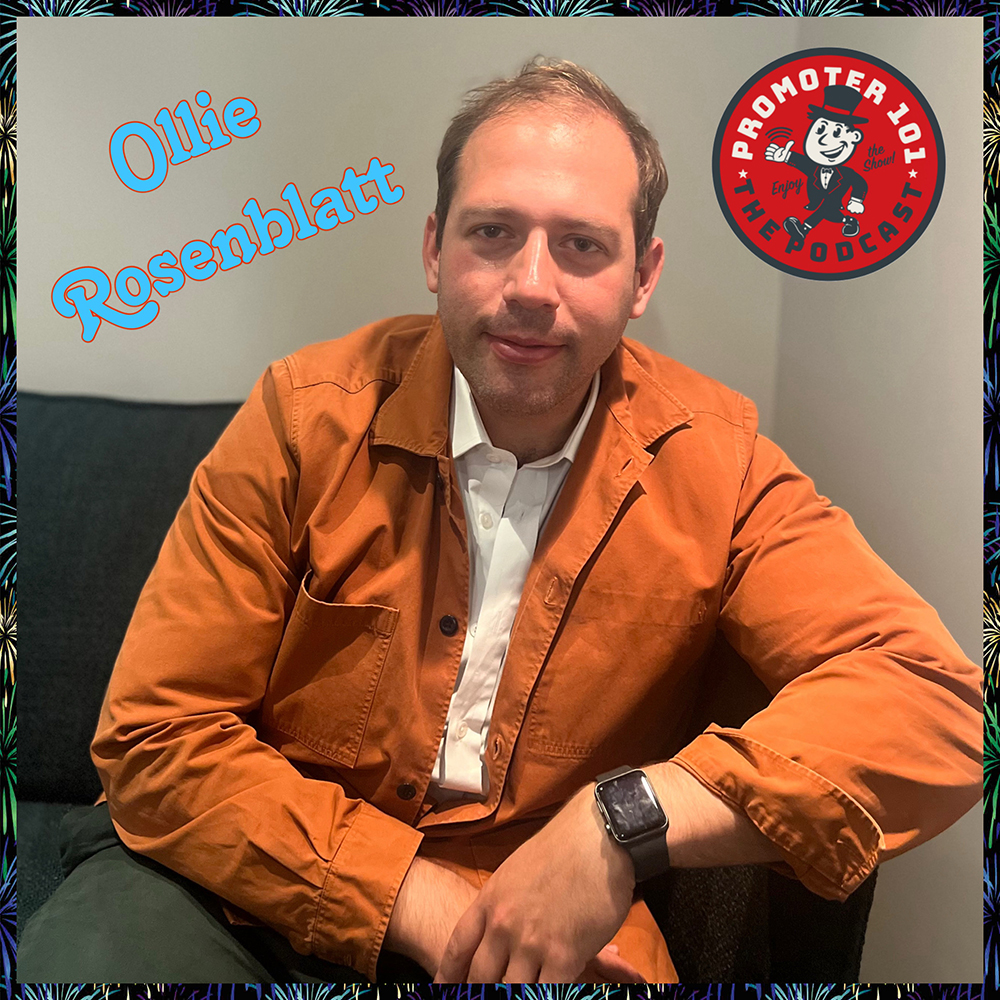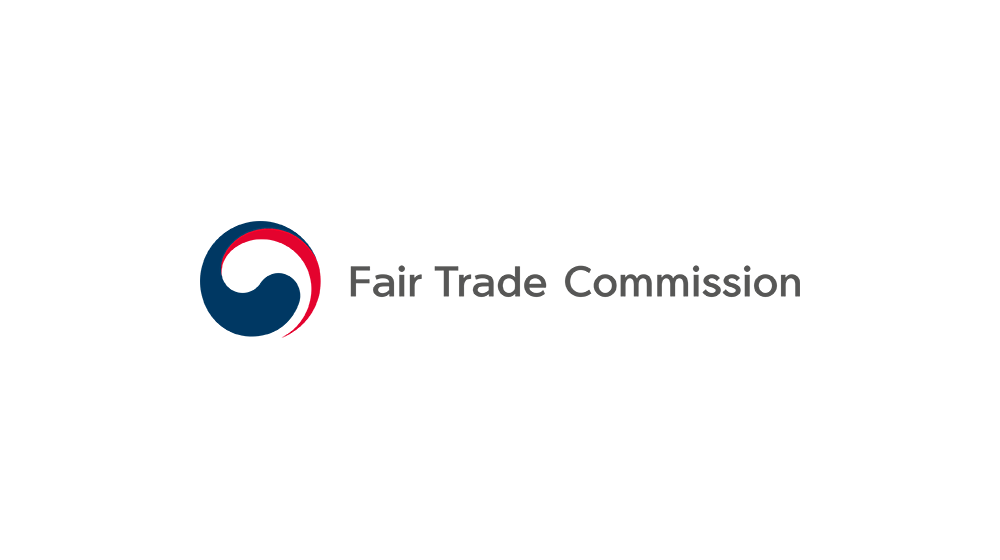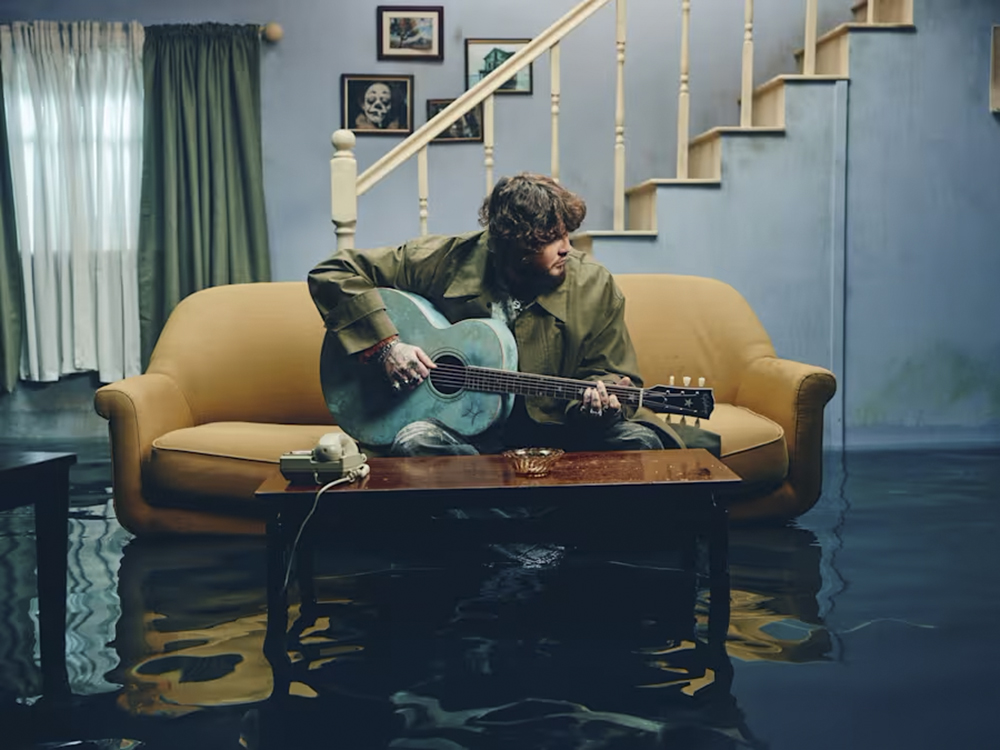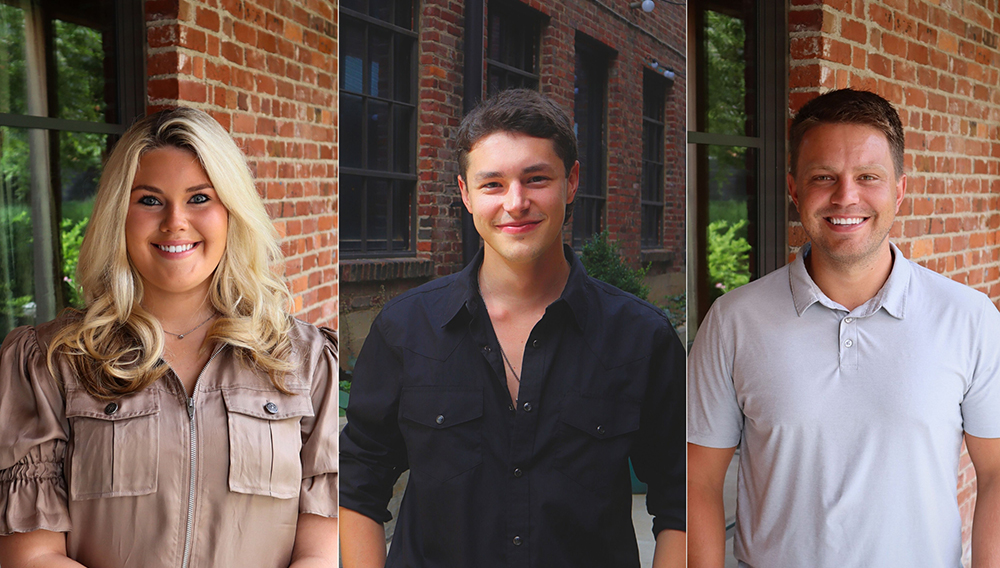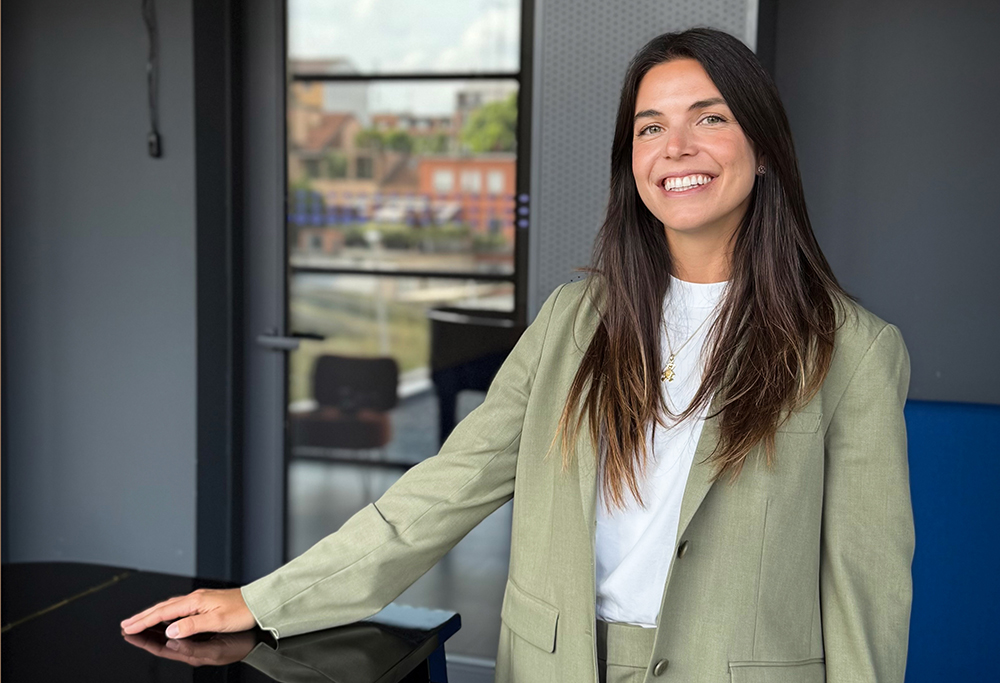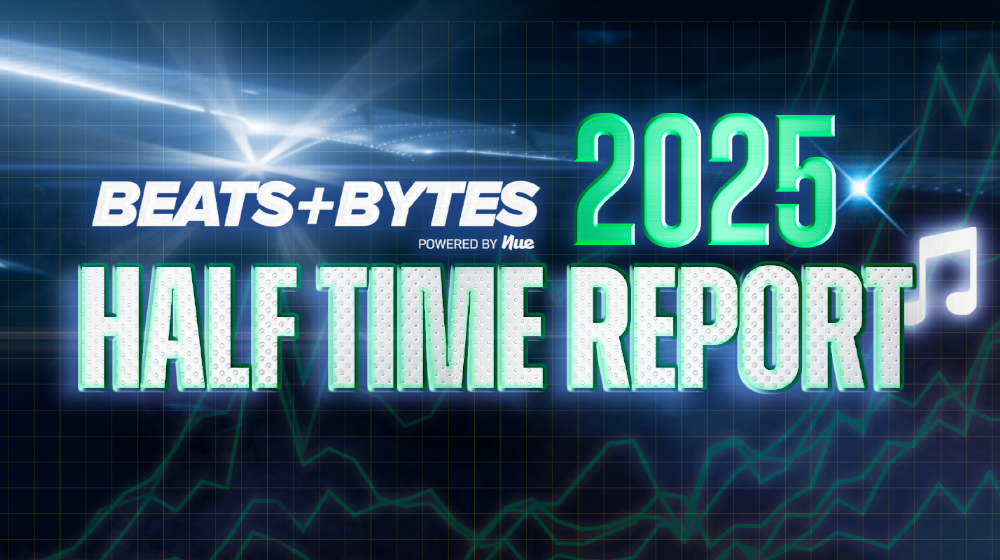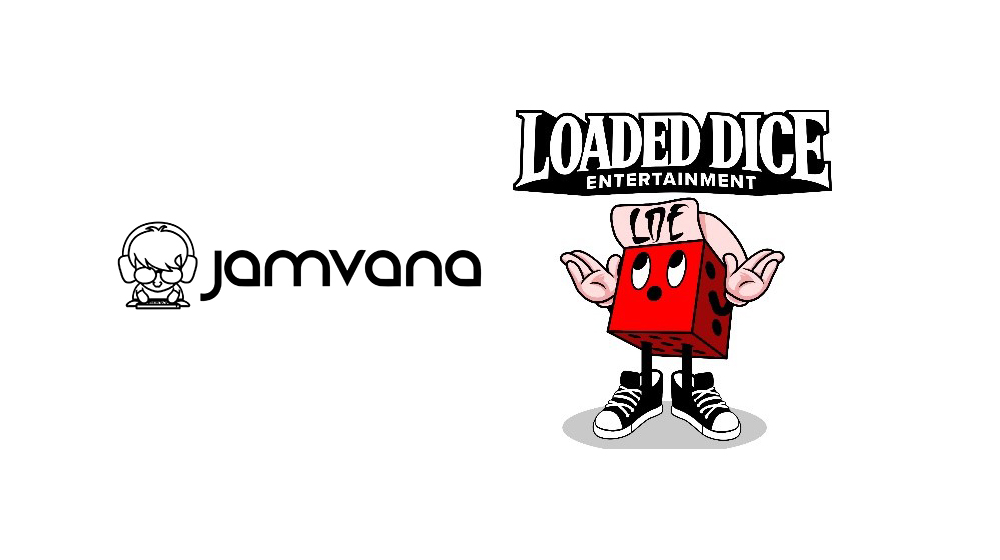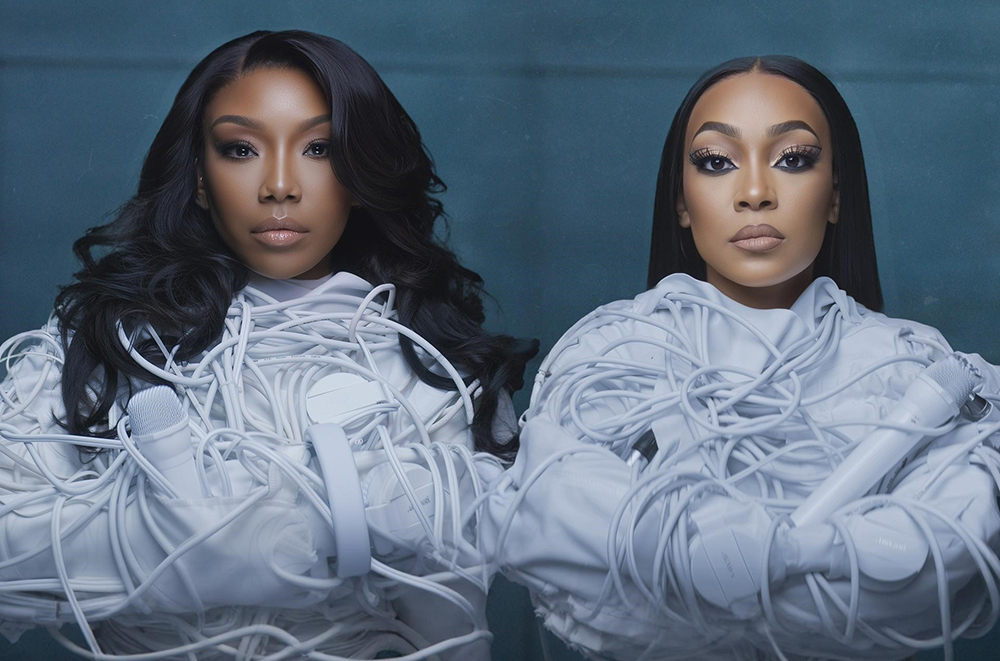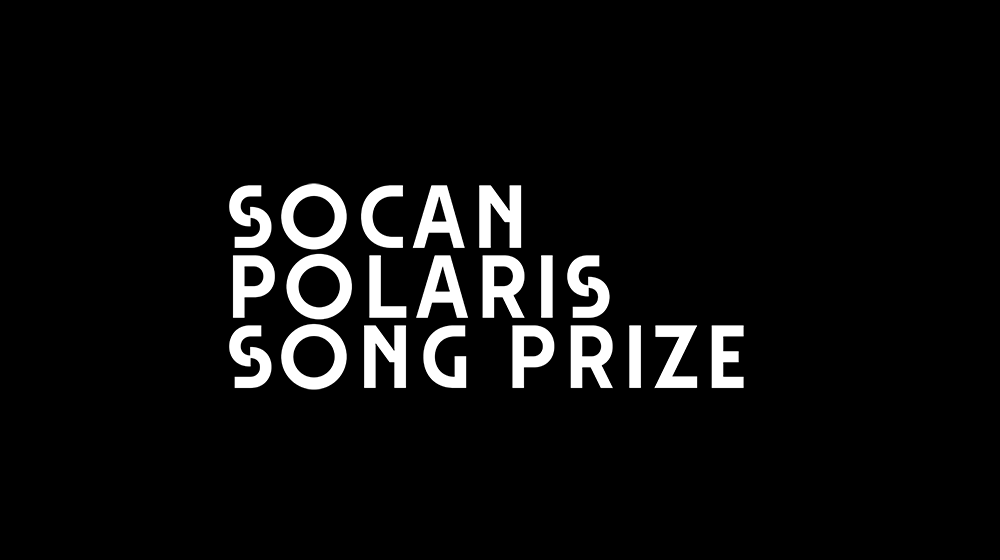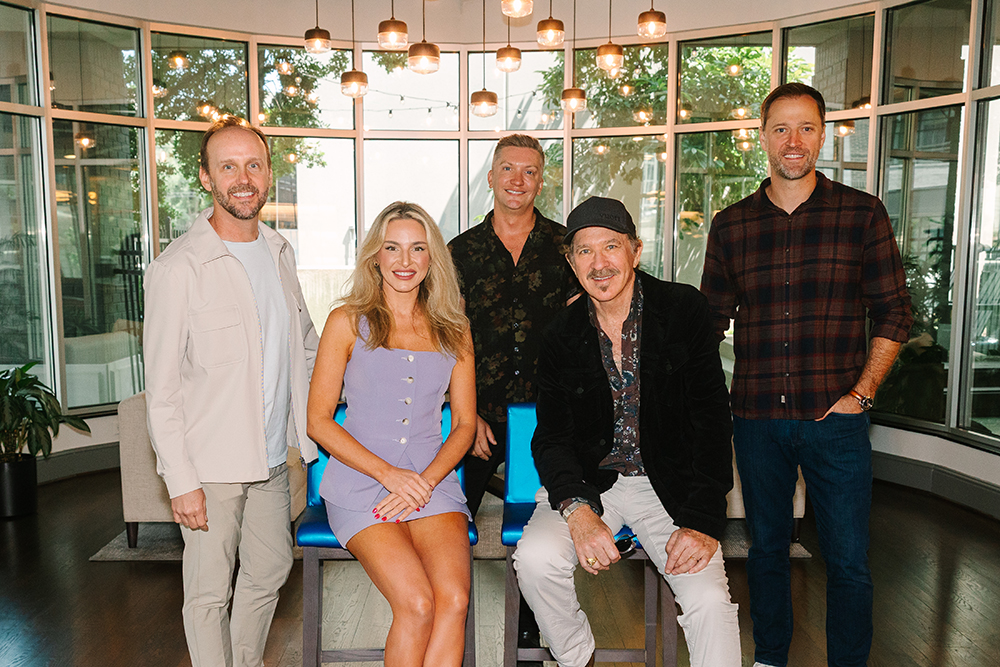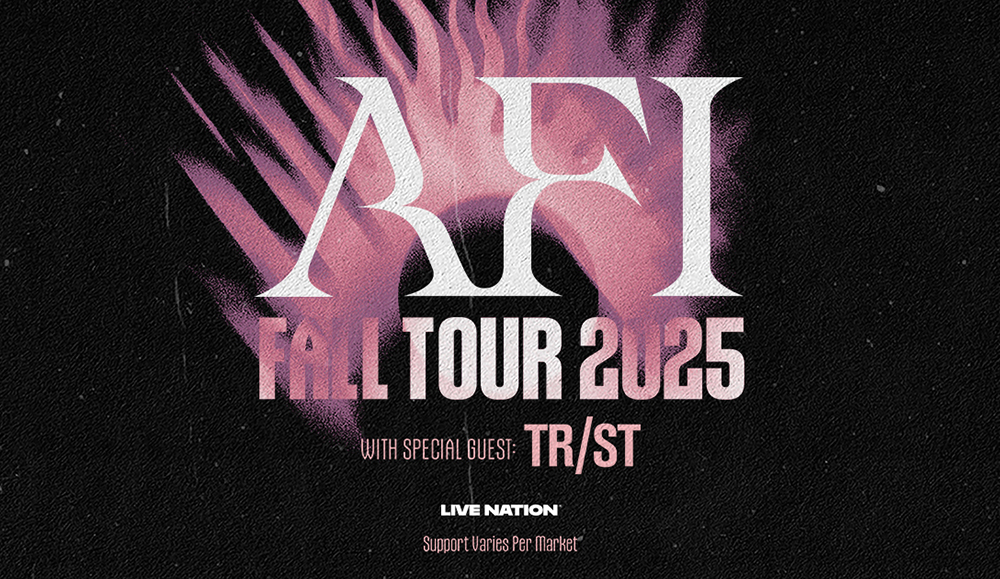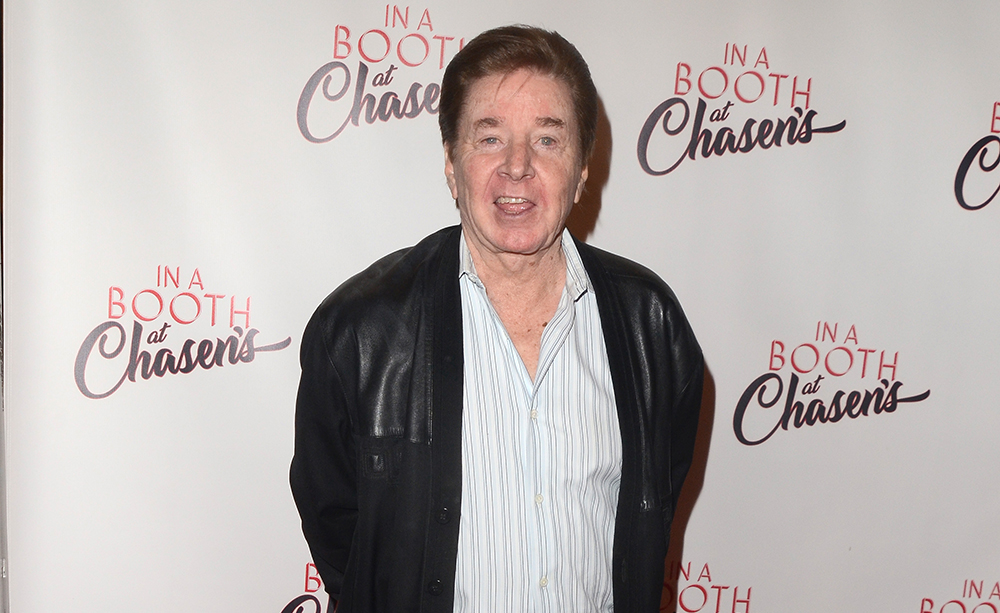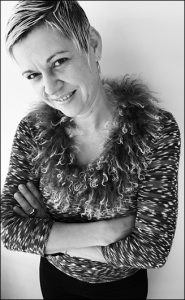
Brisbane music institution Deb Suckling has her finger fixed firmly on the pulse of cultural change.
This Aussie dynamo spent a number of years working with such Australian Indie labels as Odds Records, FunkFolk Records and Collision Records before co-founding the Independent label SUGARRUSH Music in 2006 with her husband Craig Spann.
Both had been members of the popular Australian band Brindle which released two albums, and 4 Eps, and which had toured relentlessly for a number of years. Suckling eventually moved onto Lucy Star Satellite before establishing SUGARRUSH which has released over 70 recordings by Australian artists over the past decade.
For 7 years until 2012, Suckling was program manager for QMusic, coordinating the annual Queensland Music Awards, and BIGSOUND and Women In Music conferences, and coordinating professional development and educational workshops across Queensland
Today, as well as steering SUGARRUSH Music with her husband, Suckling also oversees multiple regional songwriting projects, and various community music programs; works with Backbone Youth Arts, the longest running youth arts organization in Queensland; and is a peer assessor for both the Australia Council and Arts Queensland. She also mentors a number of Indigenous artists in Queensland.
One of her latest projects is working with young emerging female songwriters aged between 15 and 18 from Queensland’s regional and remote communities as a part of the inaugural Big Sky Girls mentoring program.
Suckling started producing shows a few years ago and has produced a number of sell-out performances, including three seasons of the Long Player Sessions and Murder Ballads.
The Soldier’s Wife, her latest production, came about from traveling across Queensland for 6 months visiting school groups, and aged care facilities meeting with women separated from their partners during conflicts ranging from World War II to present day.
The stories collected and resulting songs written, also documented in a double album and a book, give a powerful voice to Australia’s military women and their families, and create a way for the Australian public to hear about, and to learn from these experiences.
You have been involved with various community songwriting projects over the past decade as well producing shows. The Soldier’s Wife is your latest production. How did it come about?
I don’t know (laughing). Basically, I kind of finished up a songwriting project and was getting back into my own creative time. I had been doing quite a few songwriting projects. I had just finished one (The Songs of Roma House) with long-term homeless people at Roma House. We had a songwriting group there, and it was just such an incredible experience. The stories we heard and wrote were just heart-wrenching, but it (the experience) was so positive on so many levels. We recorded a full album of songs with the residents.
[Mission Australia’s Roma House homeless service is funded by the Queensland Government and provides holistic therapeutic support in a residential setting for people experiencing chronic homelessness, often related to mental health issues and/or substance misuse. The Songs of Roma House compilation is available for streaming and as a free download at: http://www.qmusic.com.au/?contentID=759]
For 17 years, I lived next door to a woman called Marie whose husband Jack served in World War II. As you might know, ANZAC Day is a huge thing in Australia. It’s really big. I talked to Marie every day over the fence, and she was kind of aware of the projects I was doing. I was always asking her questions, and she would tell me stories about her dad who was in the first landing in Gallipoli (a campaign of the First World War that took place on the Gallipoli peninsula in the Ottoman Empire). He did three deployments in World War I. Her husband Jack served in World War II in New Guinea. He’s a wonderful character who is now 93, and Marie is 90. She cares for Jack, and they are still so in love.
Did her stories resonate with you?
I just thought nobody here is collecting these life stories. There is so much focus on the servicemen in these big wars but on a day-to-day basis (away from home). At the same time, I was sort of rolling around some ideas in my head. My husband Craig (Spann) was working with this woman, and her son had been shot dead in Afghanistan. I knew that his wife had just had a three-month-old baby, and he had never met the baby. All I could think about was this 24-year-old wife with this three month-old-baby that he (the husband) never got to meet. How that must feel. I thought, “Where are the songs about this? Where are the stories about this? You never see the woman talking about these things.”
Eric Bogle’s 1971 account of a young Australian soldier maimed at Gallipoli, “And the Band Played Waltzing Matilda,” is a universally revered song, but there’s no mention in the lyrics if the soldier had a wife.
One of the biggest (war-related) songs here in Australia is “I Was Only Nineteen” by Redgum.
[A first-person account of a volunteer member of the Australian infantry experience in the Vietnam War, “I Was Only Nineteen (A Walk in the Light Green)” by the Australian folk group Redgum, reached #1 on the national Kent Music Report Singles Chart in 1983. Royalties for the song go to the Vietnam Veterans Assn. of Australia.]
So I talked to a bunch of female songwriters that I had been doing these songwriting projects with; who all had experiences working in community songwriting projects. We are all similar. We all aren’t gigging much because of our kids. I said, “I don’t know where to start because I don’t have any background in the military.” But I wrote a grant. It was for $7,000, and I got it. Then it was, “Now I’ve got to find the (military) wives, and then I have to get some of them to talk to me.” That, I think, was the biggest challenge of my life. I rang up Legacy which is a long-running organization here for military) families. I rang them up, and said, “Hello, I’m a songwriter” and I told them what I wanted to do. They were very kind to me, and said, “We can’t guarantee that they will talk to you, but you are more than welcome to come in. There’s a group that comes in every Wednesday called The Laurel Club. Just come in, and have a cup of tea. Tell them what you are doing, and see if they will talk to you.” So off I went. I took Jackie Marshall who is one of the best songwriters in the planet if you ask me. These women were of all ages. They had been through mainly (conflicts in) Vietnam, and Borneo (in the 1960s), and there were a couple from World War II there as well. So we went in, and there were about 40 women there. We went in, and we sort of said, “Hi.”
When was this?
This was three years ago. Of course, the women were going, “Who are these girls and what do they want?” That first day was really nerve-racking for us. What we ended up doing was grabbing a cup of tea, sitting at a table, and saying, “If you don’t mind, we’d like to pop in every once in awhile and say g’day.” We had guitars, and we asked, “Are there any songs that you love or you remember or that your husband liked?” So we started that way and slowly over a three month period of going there they started talking to us. Then they started bringing in photos of their husbands, and they started really opening up. It was slow going, to begin with but we felt that they began to trust us, and that (they realized) we were trying to tell their stories. That they wouldn’t have to stand up in front of people and do that (perform), but we would do that. That we would sing these stories to people, and by doing that we could, hopefully, raise more awareness about their lives, and younger women’s lives.
Were the military wives surprised by two younger women being intrigued by what they had to say? It’s most likely some of these women would have been overlooked by society for decades. Nobody had ever asked them to relate their experiences.
Nobody had ever asked them.
Within the military most anywhere in the world, spouses hardly exist. The military expects to get a two for one deal in signing a recruit.
Well yes. I will tell you another story. We have recently been invited to write the 70th year anniversary song for the War Widows’ Guild of Australia. So I researched the history of the Guild, and how our World War I and World War II widows were cut off from their payments within a week of their (spouses’) deaths. They were then put on half the basic wage with many of them dying from illness and poverty, especially after World War I. The pensions stayed the same until 1947 when Jessie Mary Vasey (the founder and president) started the Guild. It started with a weaving group, and she then lobbied the government on the plight on behalf of the widows to increase their pensions, and she also started a housing project for widows. She was an incredible woman.
What transpired after you collected a number of these stories?
We ended up thinking, “Wow, we are really onto something here.” So we recorded a few songs, and then we did a show at the (Brisbane) Powerhouse which is a beautiful theatre here. The public interest was great. We sold out. We thought, “Wow, people are really into this.” It was a very emotional night. We were all crying.
Did you have the military ladies in the audience for the first performance of The Soldier’s Wife?
Because of the age of a lot of them couldn’t come. So we did a performance for them at the club itself.
The core of The Soldier’s Wife contingent consists of yourself, Jackie Marshall, Roz Pappalardo. Emma Bosworth, Kristy Apps, and Melinda Wells. Wasn’t Queensland singer/songwriter Sahara Beck part of the group as well?
We used to manage Sahara, but we don’t work with her anymore. She was in the first few shows. She was very young, and it was very difficult emotionally for her. Now we have Kristy Apps who brings a great vibe. She has a wonderful song “Margaret” which is about her mother who was born within a relationship between her grandmother, and an American soldier. And she never met her father. There are a number of stories like that. Young (Australian) children never finding their American fathers.
So many soldiers who served abroad came back home to their families quite emotionally scarred.
A lot of the women have never had their husbands back. Or never got them back 100%. The rest of their lives have been spent caring and vying for benefits and vying for every little bit of healthcare and stuff that they can get. It’s two lives that have been impacted. And then there’s the kids. You read about traumatic stress disorders and so on. We started working with children who have had fathers that have been impacted. The list just goes on, Larry.
A friend I know has faced sizeable life challenges due to his family moving to various locations for military services. The family finally split up abroad. He didn’t see his father for over a decade.
That just makes me angry. When you read about the second generation. It’s amazing that an entire generation of kids in military families can now have difficulties. I found an article buried somewhere in the (Australian) Department of Veterans’ Affairs site that they (children of military families) have a 20% more chance of anxiety and depression but also cancer. If their father served in Vietnam these kids who are now 30 to 40—my age—are having cancer from their parent serving in Vietnam.
The Soldier’s Wife show has become very successful in Australia.
After that initial performance, there was a lot of performing the show publicly. We even performed at the Sydney Opera House. That (performing) is a big part of what we are doing here. We don’t want to just write these stories. We want the wider community to hear these stories, and have some understanding of the daily challenges facing these women and their families. We need to have people consider the enormous contributions these women and families have made to our society. We also have talked to a number of younger wives and families. We started doing regional towns. We started going to Townsville a lot because of Townsville; that’s where the biggest military base (Lavarack Barracks) in Queensland is. We met women who were a lot younger with young families… Women who are also currently serving their country. We kept hearing similar things in their personal stories. Daily and yearly challenges. Stories of immense love.
What was the response from the younger wives and those women now serving in meeting you, and seeing The Soldier’s Wife?
We kept hearing about how what we were doing, which seemed like a simple thing, was making them feel so valued. It’s hard to put into words what that means to all of us. Their feelings about the fact that we are doing this project and writing their stories and sharing are so special to us.
Many of the women would be in old age care.
Yes, we have a number in old age facilities which we will perform at, especially when we play regionally. We got more funding to perform regionally because in Australia, after World War I and World War II, a lot of the land was given to returning soldiers, and their families. A lot of regional areas in Australia were settled by military families.
All your work with the staging of The Soldier’s Wife has led to a successful double album and a book.
Hmmm. That’s just the start. That was the culmination of three years of work. We have just started touring and performing that (album and book). It’s getting airplay and stuff around that.
The Soldier’s Wife is not just an Australian story. These stories and songs are universal and would resonate with audiences around the world.
Looking at the world, it’s the same story everywhere. What I’d love to do is to work with different songwriters in different countries. “Look at the video. This is how we do it. Would you like to deliver a song to a military woman or their family in a two to three-hour workshop?” So they would have to write a song in two or three hours. What will happen then when the community hears the stories and understands the value of these women and these families, is that wider support comes in? The benefits are just huge. We know that music brings us together. The show is emotional, but these women are resilient. They don’t complain. It is such a powerful show, especially when it is done by local songwriters who spend time with these families and come away with an understanding. And they are coming back with feedback now. I want to know more. I want to do more. As you said, the treatment of (military) wives for centuries, and even recently here, has just been appalling.
You and your husband Craig both work in music. How long have you been together?
We celebrate 20 years. My son Jude is 12 and my daughter Susie is 6. My son is on both Ableton and Garage Band, and he has recently made a record. He made this record because he break dances, and he wants to break dance to his own beats.
Do you and Craig both work from home?
We both work from home now. I work for a youth organization a couple days a week called Backbone. They do programs for 5 to 25-year-olds. I’m there a couple of days a week (as a producer), and that is awesome
[With a 29-year legacy, the multi-arts organization Backbone in East Brisbane is both a service and an artistic company with the specific mandate of working with young people in Queensland. Its program consists of organizing festivals, events, performance works, and workshops.]
SUGARRUSH Music is now a decade old.
We have put out 70 releases over the past 10 years. At the moment we manage Australian artists Áine Tyrrell who is making a record right now with Glen Hansard and members of the Frames which is really exciting; Jackie (Marshall); and we just started working with Joe Geia who wrote one of the most famous Aboriginal theme song, “ Yil Lull.”
You don’t manage all of the acts currently on the label?
The bands that we release we mostly help, and we don’t fully manage. A lot of time we help them with the releases and publicity, but management, God. It’s like being a bank, you know. It’s becoming more rewarding, I think, with what we do. But managing the projects that we do, that’s what I really love. I would love to be able to take on more artists, but we just don’t have time.
As well a manager for any new act has to be willing to work for free for three years.
Oh yes, for at least three years.
The duo Tiger Lily (Lydia Fairhall and Kali Blunt) is certainly quite known internationally.
(Tiger Lily’s) Lydia (Fairhall) is working on a new album. She has a wonderful voice, absolutely. What she does for indigenous art here is extraordinary. She’s very proactive and she’s put time into working indigenous artists. She’s amazing. She’s also been working on music for a music show which is exciting.
Are most of the SUGARRUSH Music releases in digital for streaming and downloads?
Digital and vinyl.
The profit margins on vinyl can be substantial.
Yes, the margins are great and because we are working with a lot of younger bands—and they have a tendency to break up—we are trying to work with more career artists now. Áine has sold 2,500 albums in the past 12 months. That’s not even having any in the shops. Our whole model with artists now is like—especially in Australia—we tell them, “You’ve just got to tour. You play a great show and people still will still want to buy the vinyl. They will want to buy the CD.” We’ve done other bits of merch like bracelets and various womanly things.
You have had a multifaceted career which has included working for a series of labels (Odds Records, FunkFolk Records, and Collision Records); being the states program manager for 7 years at QMusic facilitating and coordinating workshops and professional development services. You also help artists with grant and funding applications.
I do a lot of freelance grant writing, yep. I have just recently been an accessory at the Australia Council for the Arts, and I am one for Arts Queensland. I also assist doing applications. I do a lot of grant writing for bands, and artists, especially indigenous artists because when English is a second language trying to get through a grant application can be a nightmare.
Do you do any contract work?
Contracts tend to be more Craig. I can navigate myself around a contract, but Craig does more of the high-end industry stuff. He goes to all of the music industry stuff. He’s a journalist, and he’s still got his typewriter from a million years ago.
To many of us overseas, Australia is home to such colorful music industry characters as concert promoters Michael Chugg, Michael Gudinski, and Paul Dainty. I’ve never met an Australian music industry person with an insecurity complex. The Brit expression “More front than Brighton” fits so many in Australian music.
There is a lot of that. We tend to breed big characters. I guess that is just Australia for you. I don’t know. And when you put them all together at times, the artists just have to stand in the corner. I’d rather be in front.
Yet these same Australians weep in their beer over the mention of artists like the late Billy Thorpe who died of a heart attack in 2007. Of course, a generation of Aussies grew up with different sets of his band Billy Thorpe & the Aztecs.
Yeah. I had a lot to do with (Billy’s widow) Lynn Thorpe over the years because of the (annual) Billy Thorpe Scholarship (which provides the recipient the opportunity to record with an established producer and to meet with and receive advice around career planning from Chugg Entertainment). Lynn is a wonderful woman, and Billy certainly left a wonderful legacy here. A huge legacy. That’s the wonderful thing about the government here is having those scholarships, and having those programs that honor and keep those people alive through supporting the younger artists coming through. Those scholarships are very important, and they mean so much to the families.
So many great acts have come from Brisbane and the Sunshine State including the Saints, the Veronicas, Savage Garden, Powderfinger, and the Go-Betweens in the past; and, more recently, Sheppard, Violent Soho, Sahara Beck, Blank Realm, Amy Shark, Good Boy, ROMY and so on.
Interestingly, a lot of the bands who have done so great have come out of regional Queensland. I think that there is this really almost like a rebel attitude here. “I am not going to try to be like everybody else. I’m going to just write my own thing, and I’m going to give a lot of thought to what I want to do.” People here don’t necessarily listen to what the rest of the country is doing. There’s this real sense of self here, and the longtime thought of things with the Southern states is that while Melbourne has always been seen as big and brighter than Queensland, I think that we are holding our own now.
Being away from the epicenter of the Australian music industry which is largely centered in Melbourne, Brisbane can nurture acts without being monitored by labels, music publishers or even managers.
Well, to start out with, there is not one major record (record) company based in Brisbane. There hasn’t been for years. So you as an artist aren’t under the eye. One sort of works so hard to even get the attention of anybody. As it happens everybody has to work so hard even to get a gig in Brisbane because there are so many bands around and then you are working hard just to find an audience of 50 people and then you keep on honing your skills all of the time. As you said trying to get the eye of a manager in Brisbane is really, really difficult.
Over the years the Australian government has offered substantial funding for its domestic music industry. Despite today’s economic climate its Department of Communications and the Arts supports Sounds Australia which had been denied funding by the government’s new arts funding program Catalyst. Unfortunately, funding for Australia’s Music Export Office has been discontinued. It gave Australian artists funding in order to compete abroad via touring.
The Australian Music Export Office was instrumental in all of that. That no longer exists. That funding was cut three years ago. What they have done is put more money into (the annual festival and conference) BIGSOUND. There’s been federal money to build up BIGSOUND. It’s obviously the biggest national event here, and it’s is really well-known internationally as a music industry conference. It provides a platform for signing Australian artists. I can see why the government is attracted to funding that specific event, and not necessarily funding artists to go overseas because it’s expensive, obviously, for us to go overseas, and to our artists it’s exorbitant; whereas to bring a half dozen buyers over here for the same price, I think that they see more value in that.
I have friends now trying to use music to bring about a social change In some of the world’s most challenging territories, including South America and Africa.
We have a really similar situation here with our indigenous and aboriginal communities in remote parts of Australia. They have absolutely nothing, but the music coming out there is incredible. Craig and I have done quite a bit of work in remote communities. It is exactly the same–the violence and everything–as elsewhere. These remote communities are like war zones; a lot of them. There are no resources. I don’t know if you see much of it overseas how appallingly aboriginal people are treated here. There are no resources in a lot of these communities, and yet when they get the opportunity to record, and to perform, and get support, it is definitely a growth area in Australia at the moment. There are a whole lot of programs happening in the desert. There’s one called Bush Band. I’m not going to BIGSOUND this year. I’m going to the desert to spend time with 10 desert bands.
Last year you facilitated the Indigenous pathways panel at BIGSOUND, exploring existing opportunities and potential opportunities with the rise of Indigenous music in this country and internationally.
Yes, that was the panel I did last year. I was supposed to do a panel this year around women and music, but I just got the call to go out to the desert. I thought rather than being around music industry types that I’d rather help 10 bands out in the desert.
Women panels at music industry conferences often ghettoize women without having them involved in the high-profile panels.
Yeah, it (the integration of women in music) has definitely moved a lot forward. I do a lot of women projects. I’m very active in that but I wouldn’t call myself a feminist. It’s just that there are areas that aren’t as supported as others. But, yeah I tend to agree in terms that it becomes that. Everybody has to work together in this business. It’s (integration has) got to go its own way. I see your point there.
You must be saddened by the death of the celebrated Australian indigenous musician Dr. G. Yunupingu this week (July 25th). He’s regarded as a national treasure in Australia.
I was extremely fortunate to have met Dr. Yunupingu on a few occasions and see the magic of his live performances. Sadly, he had a number of health issues so I wasn’t surprised as his early passing.. His legacy is enormous here in Australia. Not just with the Indigenous community, but the whole country. He will be sorely missed but he has lead the way and inspired so many Indigenous artists from extremely remote communities.
[World renowned Aboriginal singer Geoffrey Gurrumul Yunupingu, blind from birth, emerged from the remote Galiwin’ku community on Elcho Island off the coast of Arnhem Land, to become one of the most important figures in Australian music history. He sold over half a million copies of his albums singing in his native Yolngu language. Yunupingu is now referred to as Dr. G. Yunupingu because of cultural sensitivities among northern Australian Aborigines around naming the dead.]
Speaking of woman issues tell about the consequences of seeing the Foo Fighters in 2015, a performance which coincided with Rosie Batty being named Australian Of The Year. You immediately thought that music could be used to curb violence toward women, and established the #NotON campaign to raise awareness of the shocking statistics in Australia concerning domestic violence against women. You put the idea out on Facebook and asked who would help out. You ended up with about 100 bands.
That is when we set up the #NotON campaign. I was in one of those beautiful veranda boxes, and the Violent Soho boys were there as well. Just watching that audience, there were 50,000 people at that the Suncorp Stadium (Feb 24th, 2015). Most of the audience were young men. Watching that show, and the power of Dave Grohl, and how he held that audience in his hands. And look no one is more admired in Australia than Rosie Batty. Domestic violence is the biggest contributor of death and illness for women aged under 45 in Australia. Not cancer. Not anything else. It’s domestic violence.
Rosie Batty’s boyfriend killed their child.
In the middle of the cricket ground. He went to the cricket ground and killed him n front of horrified onlookers after a cricket training session (at the oval in the small town of Tyabb, southeast of Melbourne). I can’t even imagine the feelings of the people that were there that day.
[In 2013, Greg Anderson, 54, deeply religious, homeless and unemployed, had been arrested for threatening to kill his former partner, Rosie Batty, and for breaching an intervention order not to come to her home without permission. He refused to answer police questions and was later released on bail. Less than a year later Anderson murdered his 11-year-old son, Luke Batty, at a cricket field, hitting him over the head with a cricket bat before getting out a knife and stabbing him. Anderson died too, after stabbing himself and being shot by police. Because Anderson distrusted doctors, he never sought help for his anger or received an official diagnosis of mental illness.]
Yes, Rosie Batty has definitely brought a lot of attention to the issue, but the problem is worsening in Australia.
With the #NotON campaign what led you to decide to utilize male leadership to bring the point home?
When bands are on a stage, when they are playing to mostly young male audiences, right, I’m am sending a direct message. “I don’t need to say words to you. I’m just wearing a shirt.” That’s how you deal with young people these days. They look at what you are wearing. They look at what you stand for. It’s a conversation that I think a lot young men don’t necessarily like having, but they need to be told that it (violence toward women) is not acceptable. And because it’s is something that starts with a woman early on, it might escalate later on.
Hip hop and rap are renowned for their misogyny, but a lot of hard rock and metal is centered on the concept of women as being madonnas to worship or harlots to scorn. Those traits are embedded in many CONTEMPORARY music genres.
Yes, and they (male music artists) are the ones in the traditional position of power to deal with their audiences’ behavior. It does come down to the individual bands. We ended up with so many bands across Australia. My idea was to try and get all of the venues involved. Look, I have had a bit of time off from that whole campaign. I started getting a lot of callers. Gosh, I got death threats. Because of my own personal domestic violence experience (when I was a teenager), it was triggering me really badly. I got quite sick. and with my husband I thought, “We just need to sit back from this a bit.” As much as I would love to throw myself hardcore into it, into a campaign for it…
The aggression you had as a teenager we should clarify was not from your husband Craig.
No, it was not my husband. He’s a feminist.
You were in a relationship with someone else.
Yes. For about 8 years.
Where are you from?
I was born and raised in Toowoomba which is a small town that is two hours west of Brisbane. I came to Brisbane in 1996.
Did you play music in your hometown?
No. I didn’t even know how to play a note or sing a song. As I said I had been in that long relationship and not having such a great time from when I was grade 10 and when I came to Brisbane finally the relationship ended and I met Craig and he was, of course, the one who switched me onto music.
So many female artists I have talked to over the years have said that they rarely are respected as musicians. A female solo artist usually records with a male producer and engineer, with mostly male musicians and, if there’s a label involved, it is likely a male A&R rep. In the studio, the attitude toward woman can be, “Just sit over there.” You must have seen that over the years.
Ah, yes. In Brindle, there was quite a bit of that, but some of it was because of my not having a lot of confidence at that stage, and never having had the experience of recording before. So was very naïve. I also had just started musically, and Craig, Ben (Moore) and Simon (Walker) were much more accomplished musicians than I was so I was happy to take and needed that direction.
Most of the artists that we work with are women and all the musicians are males or the producers are male or the engineers are male. It is exactly as you say. But I would say that they (women artists and musicians today) are much more empowered than I ever was. There is still very much a degree of button up because you have to take in the people that you respect that you are making the record with just happen to be male into account to make the best record that you want to make. I don’t think that saying “piss off” is good for the creative process.
It certainly stops the conversation.
Well, when you are in the studio for weeks and you are in that creative head space you can’t do the whole female versus male thing otherwise you are really going to feel really hard done by, especially when you are the only woman in there.
It’s hilarious because all of the records that I have been making lately have been collaborative female projects like with Big Sky Girls. So there is just Jeff Lovejoy our engineer in there and 10 young regionally-based girls aged 18 and under and I had most of them staying at our house. Recording was with all 10 of them and Jeff being the engineer for this album which is being mixed at the moment. This is just one of the projects that I am doing. The thinking is, “We’ve got a girl playing drums, a girl playing the bass, and a girl playing everything else, and a girl producer . And who’s the fella?” And Jeff just fits so well. He totally loves it. He’s always saying he has never been so well fed.
I remember Brindle touring Canada in 2006 with fellow Brisbanites the Gin Club, Giants of Science, and Iron On. Brindle played Sneaky Dee’s in Toronto during Canadian Music Week. And this was in the wintertime.
In the winter. Craig and I had just had a baby too. We left the baby with my sister and then we went to Canada for three weeks. It was definitely an experience for us. Of those four bands, Giants of Science is still going which is amazing. The Gin Club is still going. Ben Salter in his own right has had a fantastic career as a solo artist. Iron On went on to become An Horse, and they are doing well in America. That was our first and our last international tour because we left the baby here. I think we just thought, “Oh God we just have to be parents.”
Brindle had also toured in Europe.
Yeah, we did a few shows there. But I couldn’t do all of the touring. I couldn’t leave the kids. Being half way across the world from your child is the worst. We came home, and we set up SUGARRUSH. We were really inspired by being over there, but we can’t do the type of touring. We felt that we really had to get our shit together and be parents. So we had the label. So that started that little journey off. I wouldn’t change it for the world but now we are back to performing again. Craig is playing steel on Jackie Marshall’s new album. So everything turned out okay.
Any last thoughts of Canada?
I love a Canadian band. The Constantines. I love the Constantines. We want them to come to Australia. We love the Constantines.
Larry LeBlanc is widely recognized as one of the leading music industry journalists in the world. Before joining CelebrityAccess in 2008 as senior editor, he was the Canadian bureau chief of Billboard from 1991-2007 and Canadian editor of Record World from 1970-80. He was also a co-founder of the late Canadian music trade, The Record. He has been quoted on music industry issues in hundreds of publications including Time, Forbes, and the London Times. He is co-author of the book “Music From Far And Wide.”
Larry is the recipient of the 2013 Walt Grealis Special Achievement Award, recognizing individuals who have made an impact on the Canadian music industry.

